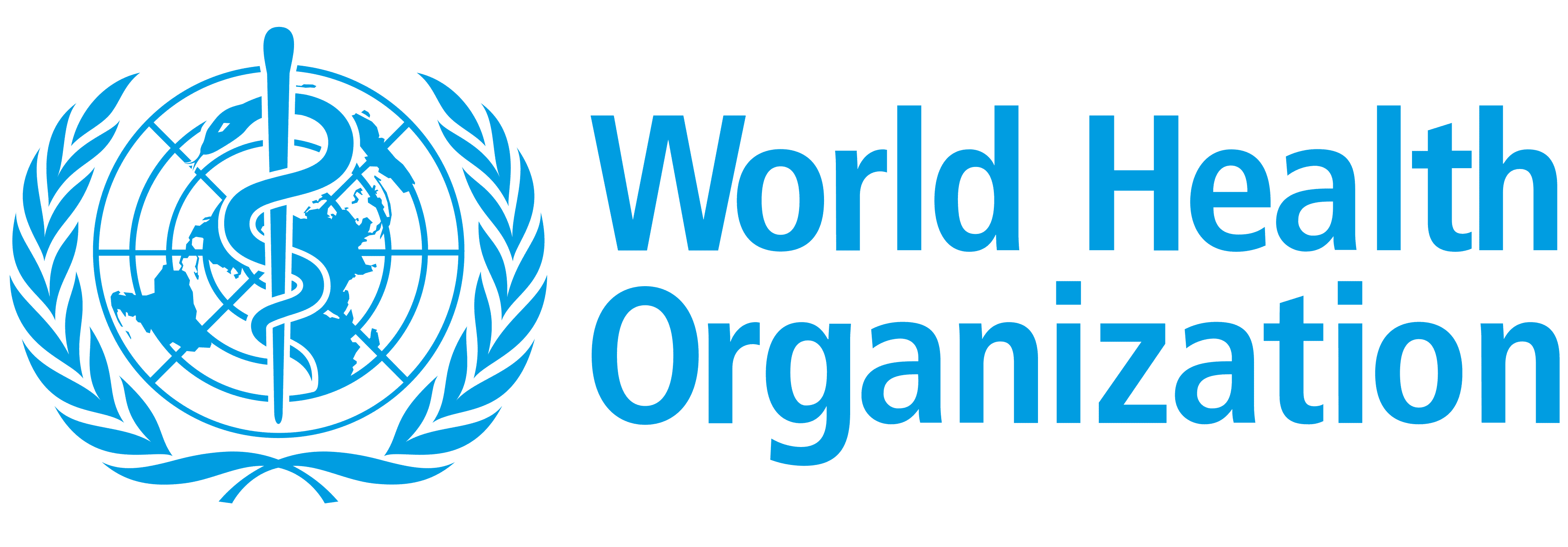
Country | Successes | Barriers |
|---|---|---|
Albania | ||
Armenia | Ongoing entomological surveillance throughout Armenia | Lack of the knowledge on Arboviral diseases |
Bosnia and Herzegovina | ||
Bulgaria | ||
Croatia | Interdisciplinary and multisectoral "One Health" approach | |
France | Diseases are notifiable. | Many cases are pauci-symptomatic. |
Georgia | Monitoring of vectors, geographical distribution mapping, IRS of black sea coastal line (touristic destinations) as a success. | Geographical spread of the area of vectors, as a main barrier/challenge. |
Germany | Germany is climatically only marginally suitable for ongoing transmission of for Aedes-transmitted arboviruses)(- capable Aedes vectors are only present in smaller parts of the country, yet) - there are no financial barriers for diagnosis of human arbovirus infections (near universal health care coverage, lab diagnoses without co-pay) - wide availability of laboratories able to diagnosed arboviral infections | (Potential) transmission of arboviruses in Germany is a relatively new threat (Aedes vectors not present until recently, WNV not present until recently) and thus local authorities and diagnosing physicians are unfamiliar with the topic, yet. - Local authorities frequently have no recent experience, structures, personnel, budgets for vector surveillance and control. - Physicians may fail to include arboviral infections in differential diagnoses. |
Greece | Enhancement of passive surveillance - Regular awareness raising of health-care workers for testing suspected cases. | Human resources/ public health workforce at national and local level (high workload), Advocacy. |
Hungary | The Hungarian National Reference Laboratory (NRL) for Viral Zoonoses is in close cooperation with the Hungarian NRL for Viral Exanthematous Diseases at the National Public Health Center (NPHC). The standard panel for investigating the aetiology of exanthematous illnesses includes screening for measles, rubella and/or parvovirus B19 viruses, while testing for WNV is in many cases not requested by the clinicians. As a result of the collaboration between the two reference laboratories, samples obtained from patients with exanthema, fever, myalgia and/or arthralgia are also involved in WNV screening during the transmission period. | |
Italy | Several factors contributes to arboviral diseases, for instance West Nile virus has a complex biological cycle and needs an integrated approach. | |
Malta | Receive timely result from public and private laboratories on the island | Language barriers if foreigners, delay in reporting by general practitioners, patients with vague symptoms may not seek health care |
Monaco | No cases. | |
Portugal | ||
Romania | The experience - we have implemented a surveillance system for neuro-infection with West Nile virus from 1997 | Deficient inter-ministerial collaboration (MoH – National Sanitary Veterinary Authority, MoH-Ministry of Public Administration, MoH-Ministry of the Environment )to receive early information about the circulation of the virus, to develop an operational manual with standard operating procedures to be respected, to develop a plan of control measures for vectors |
San Marino | ||
Slovenia | Main barrier is under ascertainment of cases (not all TBE cases are tested with appropriate confirmatory laboratory test, especially those who do not develop meningo-encephalitis phase of the disease). | |
Spain | Difficulty for clinical suspicion. | |
Switzerland | One health concept | Multidisciplinary working |
Turkey | Arboviral diseases of concerned are notifiable diseases in Turkey. There is no local tranmission of these diseases except WNV, which is also not endemic. That's why there is a very strong surveillance for arboviral diseases as they are very uncommon. When one of the these diseases are diagnosed, Zoonotic and Vector-borne Diseases Department informed immediately. All the process is conducted under the supervision of the Department. |
